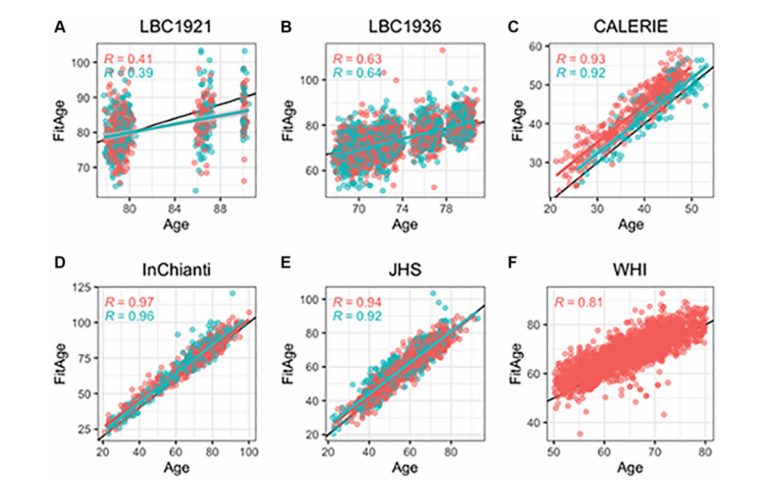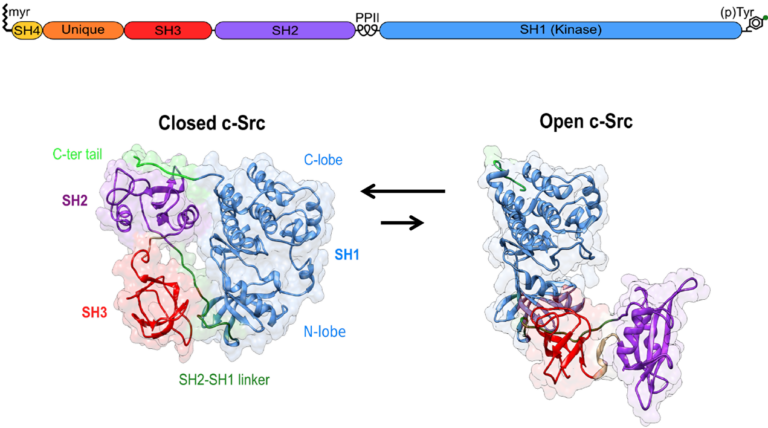In a new study, researchers investigated associations between circulating immune cells and age, sex, CMV infection, and smoking.
As we age, our immune system undergoes changes that influence our susceptibility to various diseases. Certain factors, such as smoking, viruses, age, and sex may have differential impacts on our various circulating immune cells. How changes to these immune cells contribute to cardiovascular disease and other age-related diseases is not yet fully understood. More research is needed to fully understand the underlying mechanisms and implications.
“Understanding the composition of circulating immune cells with aging and the underlying biologic mechanisms driving aging may provide molecular targets to slow the aging process and reduce age-related disease.”
In a new study, researchers Yuan Fang, Margaret F. Doyle, Jiachen Chen, Jesse Mez, Claudia L. Satizabal, Michael L. Alosco, Wei Qiao Qiu, Kathryn L. Lunetta, and Joanne M. Murabito from Boston University, Boston Medical Center, University of Vermont, and University of Texas Health Science Center aimed to characterize the circulating innate and adaptive immune system by profiling immune cell phenotypes from a community-based cohort. Their research paper was published in Aging’s Volume 15, Issue 10, on April 27, 2023, entitled, “Circulating immune cell phenotypes are associated with age, sex, CMV, and smoking status in the Framingham Heart Study offspring participants.”
“We hypothesize that we will identify immune cell phenotype and ARIP [age-related immune phenotype] measure associations with CMV serostatus, age, and sex, as well as associations with cardiovascular risk factors.”
The Study and Participant Characteristics
The Framingham Heart Study (FHS) is a community-based prospective cohort study that began in 1948. It initially recruited 5,209 primarily white American adults of European ancestry as the Original cohort. In 1971, the Offspring cohort was established, consisting of the children of the Original cohort and their spouses. The Offspring participants have been examined every 4-8 years since enrollment.
For this study, 1,332 Offspring participants who attended exam seven (1998 to 2001) and had two or more vials of stored peripheral blood mononuclear cells (PBMCs) were identified. From this group, a study sample of 996 dementia-free individuals, aged 40 years and older, was selected. This cohort had a mean age of 62 years, with 52% representing males. All participants provided written informed consent, and the FHS exams were approved by the Institutional Review Board at Boston University Medical Center.
The research team used cryopreserved cell samples from the study participants to conduct comprehensive analyses of 116 circulating immune cell phenotypes, including subtypes of CD4 and CD8 T cells, B cells, NK cells, and monocytes. These subsets were further categorized based on specific surface markers to provide a detailed characterization of the immune cell populations.
The Results
Significant associations between circulating immune cell phenotypes and age, sex, a common virus, and smoking were revealed in this study. With advancing age, researchers saw a decline in the overall number of immune cells, as well as alterations in the distribution of different immune cell subsets. Notably, older individuals exhibited a higher proportion of memory T cells and a lower proportion of naive T cells, suggesting a shift towards a more experienced immune profile. Furthermore, females exhibited a higher abundance of immune cells compared to males, which may contribute to their generally stronger immune responses.
Cytomegalovirus (CMV), a common herpesvirus, can have a profound impact on the immune system. The study found that CMV seropositivity was associated with distinct alterations in immune cell phenotypes. CMV-positive individuals displayed higher numbers of late-stage differentiated effector memory T cells, which are indicative of previous exposure to CMV. This observation suggests that CMV infection contributes to the age-related changes in immune cell populations.
Smoking has long been recognized as a detrimental habit that affects overall health, including the immune system. This study uncovered compelling evidence linking smoking status to immune cell phenotypes. Smokers exhibited a higher proportion of pro-inflammatory immune cells, such as activated T cells and pro-inflammatory monocytes, while non-smokers had a higher proportion of regulatory T cells that help maintain immune balance. These findings emphasize the detrimental impact of smoking on immune cell profiles and further underscore the importance of smoking cessation.
“Importantly, we did not identify significant immune cell associations with other risk factors, such as body mass index, prevalent cardiovascular disease, hypertension or diabetes.”
Conclusions
“Our observations confirm and extend known associations of immune cell subtypes with CMV and age that show a shift from a naïve phenotype towards an exhausted phenotype. We report sex differences, with males exhibiting a more exhausted, cytotoxic landscape than females. We identified associations between CD8 exhausted cells and B cell subsets, but not overall B cells, with smoking status.”
This research provides valuable insights into the relationship between circulating immune cell phenotypes and age, sex, CMV infection, and smoking status. In conclusion, the team did not find significant associations between these immune cells and cardiovascular risk factors. They did find some weak associations with cardiovascular disease, diabetes and hypertension. The findings contribute to our understanding of age-related changes in the immune system and highlight the impact of lifestyle factors on immune health. By unraveling the complex interplay between these variables, this study paves the way for future research on interventions and strategies to support healthy immune aging.
“While further studies in larger, more diverse sample[s] and more than one time point with immunophenotypic data are needed, this work will provide a valuable resource for future studies of the association of immune cell phenotypes and incident age-related disease.”
Click here to read the full research paper published by Aging.
—
Aging is an open-access, peer-reviewed journal that has been publishing high-impact papers in all fields of aging research since 2009. These papers are available to readers (at no cost and free of subscription barriers) in bi-monthly issues at Aging-US.com.
Click here to subscribe to Aging publication updates.
For media inquiries, please contact media@impactjournals.com.

